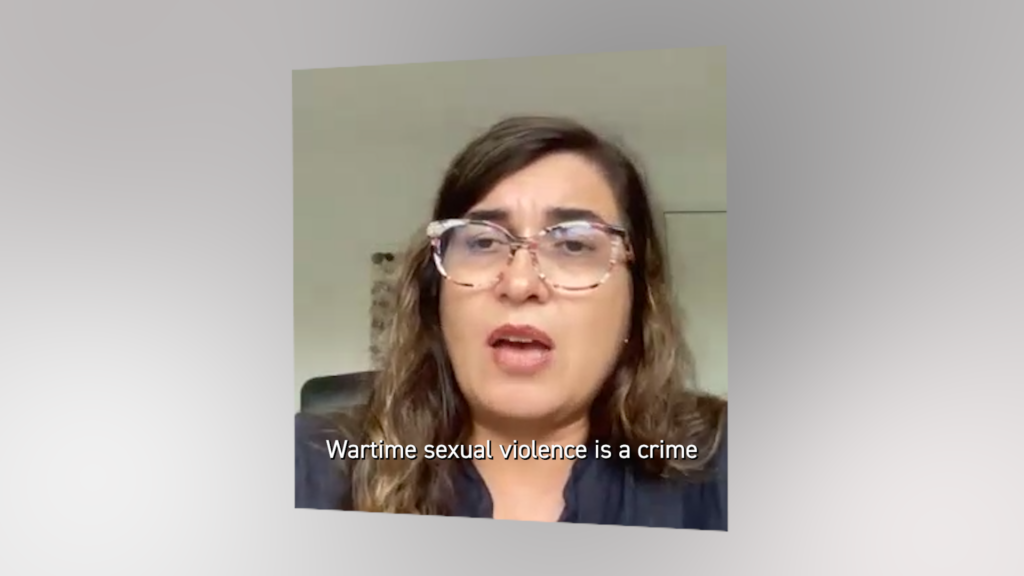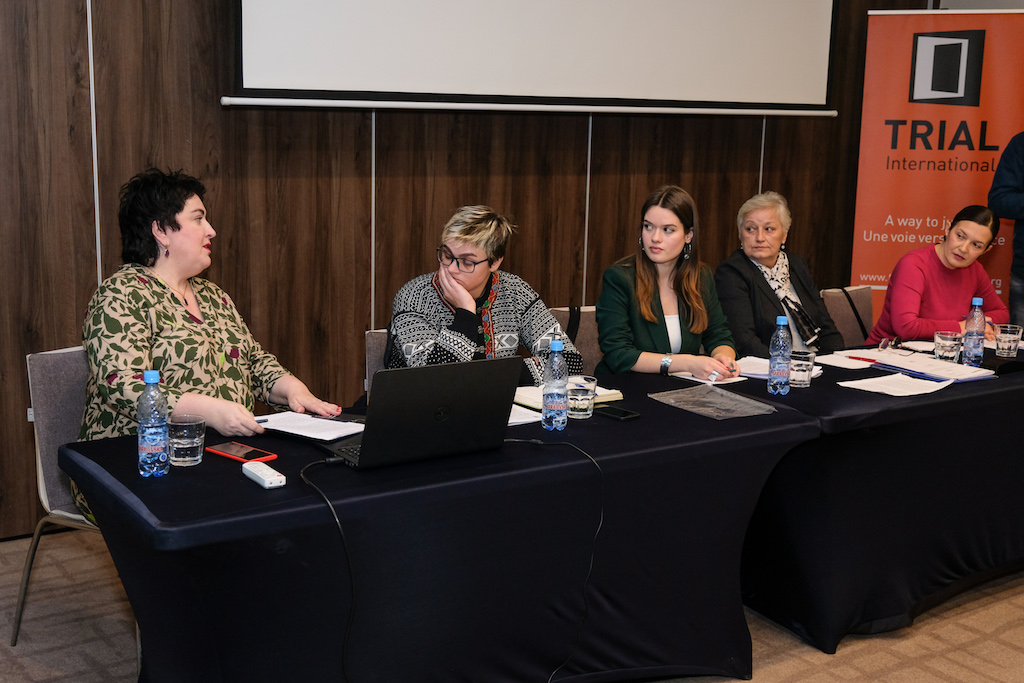Sexual violence in the DRC: Why is impunity so persistant?
In a damning report, TRIAL International denounces the near impossibility for victims of sexual violence to obtain justice. The data, collected in collaboration with Panzi Hospital, reveal structural causes to this impunity.
After almost seven years of delay, the DRC submitted its periodic report to the Human Rights Committee. In this long-awaited report, the question of impunity for crimes of sexual violence was barely addressed. In anticipation of the Committee’s review of the DRC on 16 October, TRIAL International submitted its own report, focused on the causes of impunity. The scourge of sexual violence is particularly ravaging in the East of the country, where rape is systematically used as a weapon of war. And yet perpetrators go unpunished – why? Deficient infrastructure, poorly trained personnel, and a normalisation of violence against women offer some explanation.
Inadequate and ill-equipped courts
Only four courts in all of South Kivu are competent to judge a crime of rape. An absurdity for a territory larger than Switzerland, with a population of over six million. Unsurprisingly, the lack of access to legal assistance is one of the primary reasons cited by victims to explain why they don’t seek justice.
Mobile court hearings, which were intended to address the lack of courts in isolated territories, are showing their limits. First, their cost and organisation depend exclusively on international actors, with very limited engagement from the national authorities. Second, entire regions of the country are too dangerous to travel to, such that even a mobile court hearing are often held far away from where the crime occurred.
Finally, courts are very poorly equipped to adjudicate sexual crimes. The Congolese authorities (police officers, magistrates, and judges) are still ridden with preconceived notions of victims, and this affects the processing of their complaints. Victims, often intimidated or threatened for having dared to file a complaint, lack a sane and supportive environment in which to demand justice. Consequently, they prefer to abandon their quest altogether.
NGOs doing the government’s work
It must also be noted that magistrates frequently take a “wait-and-see” approach to cases of sexual violence, rarely exerting their power to proactively prosecute these cases. It falls on local NGOs to refer cases to the courts, but they lack the necessary skills and resources. In an effort to respond to their needs, TRIAL International facilitates documentation and capacity-building missions.
But the real problem remains: faced with passive authorities, Congolese NGOs carry the disproportionate burden of looking after extremely vulnerable victims. Medical care, psychological counselling, financial assistance…everything must be provided because no holistic support to victims is envisaged by the Congolese government.
In its report to the Human Rights Committee, TRIAL points out numerous other obstacles: concerns for victims’ safety, poor enforcement of court decisions, and politically motivated delays in proceedings.
The conclusion that emerges is that the causes of impunity are structural: “The difficulties experienced by victims in the DRC are not tied to individuals or to specific contexts,” explains Daniele Perissi, Head of the DRC Program at TRIAL. “The shortcomings are generalised, inscribed in laws, structures and mentalities. That is why a profound change must come from the top. We ask the Congolese government to finally tackle this problem head on, leaning on its dynamic civil society and the many international partners present in the country.”










